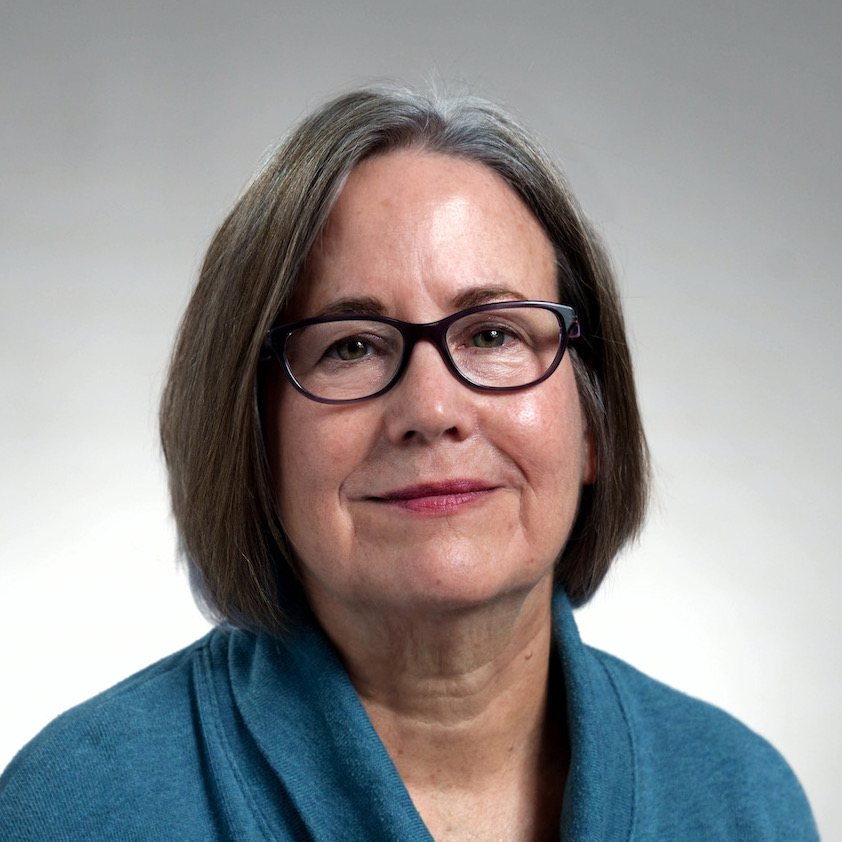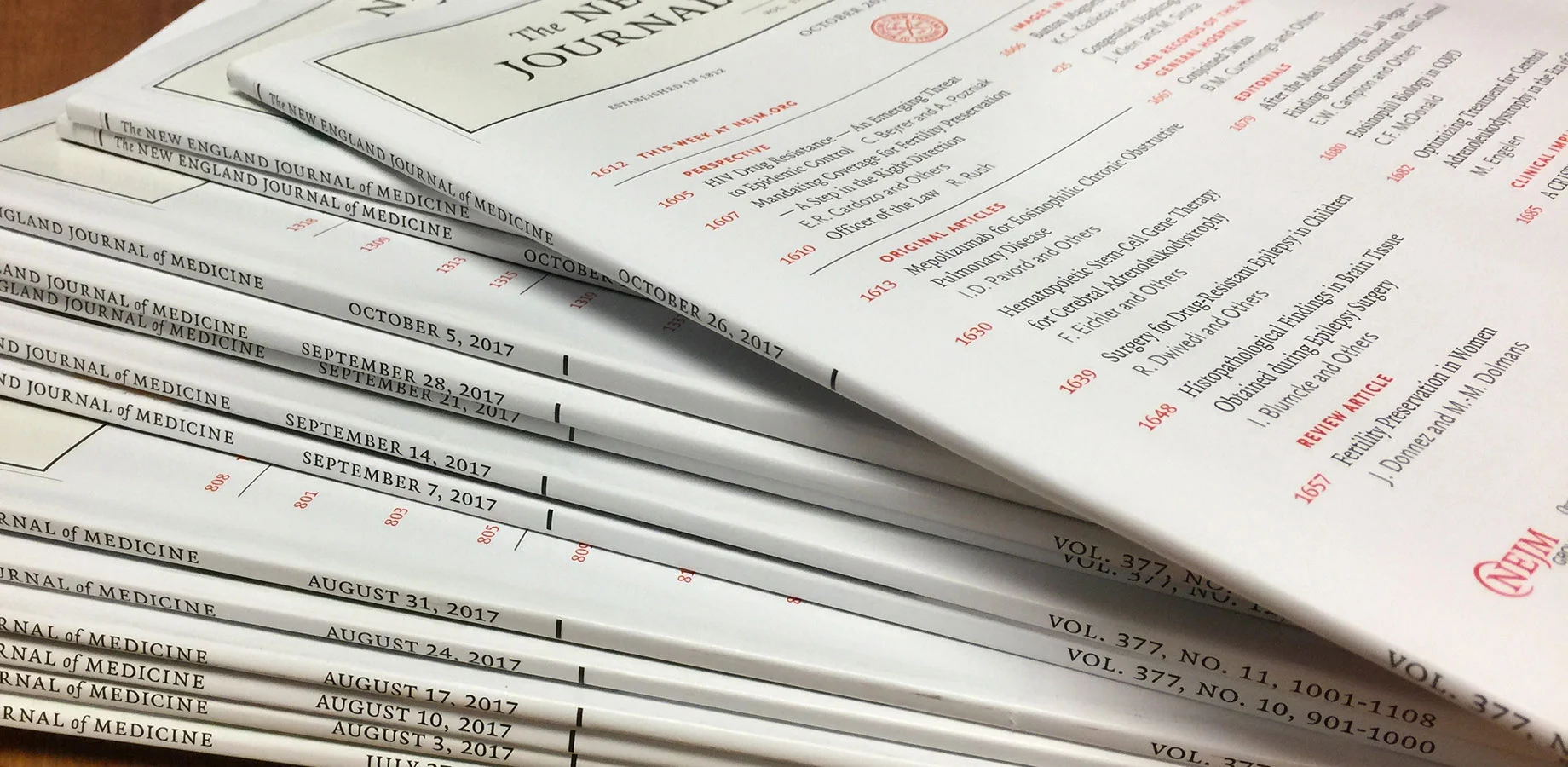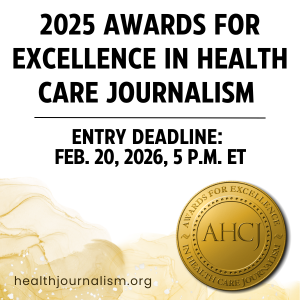The NEJM Group has rescinded a month-old policy that barred certain publications from having advance access to embargoed articles, after AHCJ raised concerns about its fairness and feasibility.
“It’s important for us to help journalists tell their stories, and this [policy] doesn’t do it,” Eric Rubin, M.D., Ph.D., NEJM editor-in-chief, told me in a phone call Sunday.
In conversations with Dawn Peters, director of media relations and communications, and in a May 14 letter to Rubin, we had urged NEJM to abandon the policy because it was unfair, unworkable, and an impediment to the free flow of information. Rubin responded immediately to our letter and credited AHCJ for bringing these issues to his attention.
He said NEJM would continue to require certain credentials before granting reporters access to embargoed reports, but the rules will be applied equally to all, and no publications would be discriminated against.
As reported in MedPage Today, the now-defunct policy targeted outlets that chiefly serve health care professionals and freelancers who write “primarily” for such publications. The NEJM Group, the parent company of the New England Journal of Medicine, includes several publications that also have an audience of physicians and other clinical specialists.
“We value our relationship with the news media and understand that updated criteria for granting embargoed access to our content resulted in questions about the ability to deliver on our shared goals of advancing trusted and accurate medical knowledge,” said a statement from NEJM late Monday. “Therefore, approved news media working for daily, weekly, or monthly publications — whether they are written for the general public or clinicians — will have access to embargoed and published journal content. Journalists wishing to apply for embargoed access may visit the NEJM Media Center to learn more.”
Most medical journals provide reporters with copies of research articles a few days before publication, as long as the reporters agree not to publish their stories until a designated time. This “embargo” system gives reporters time to digest the material and write clear, complete stories without worrying about being scooped. The NEJM policy would have put certain publications at a competitive disadvantage and created a confusing situation for freelancers who write for a variety of outlets.
“I thank Dr. Rubin and NEJM for listening to our concerns and ending this discriminatory policy,” said Joyce Frieden, an AHCJ board member and Washington editor of MedPage Today. “Now the NEJM leadership and AHCJ members can continue working on our shared mission: to provide the public with accurate and meaningful information about medical research.”





